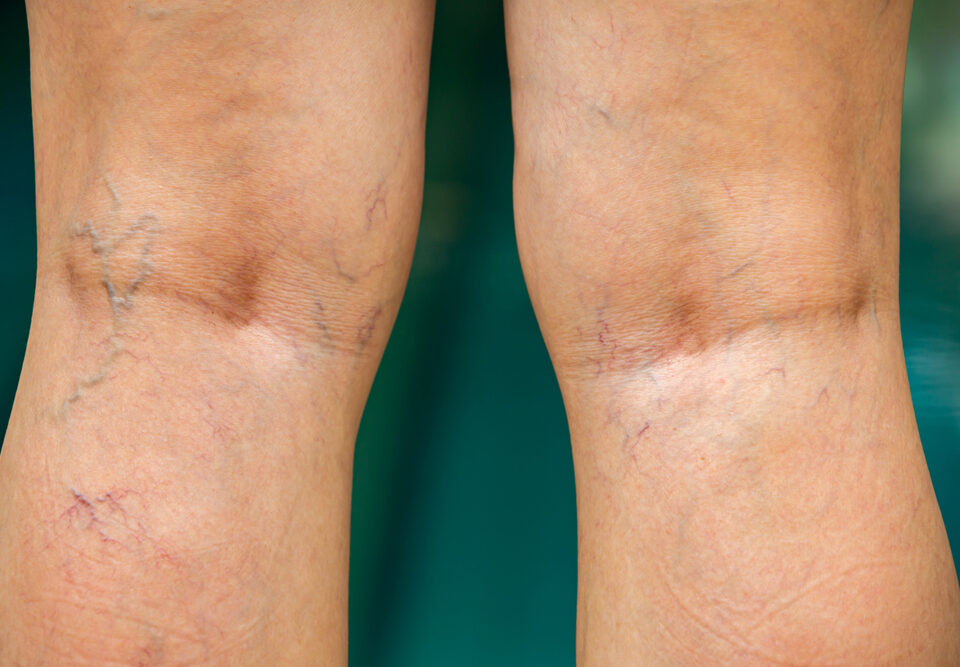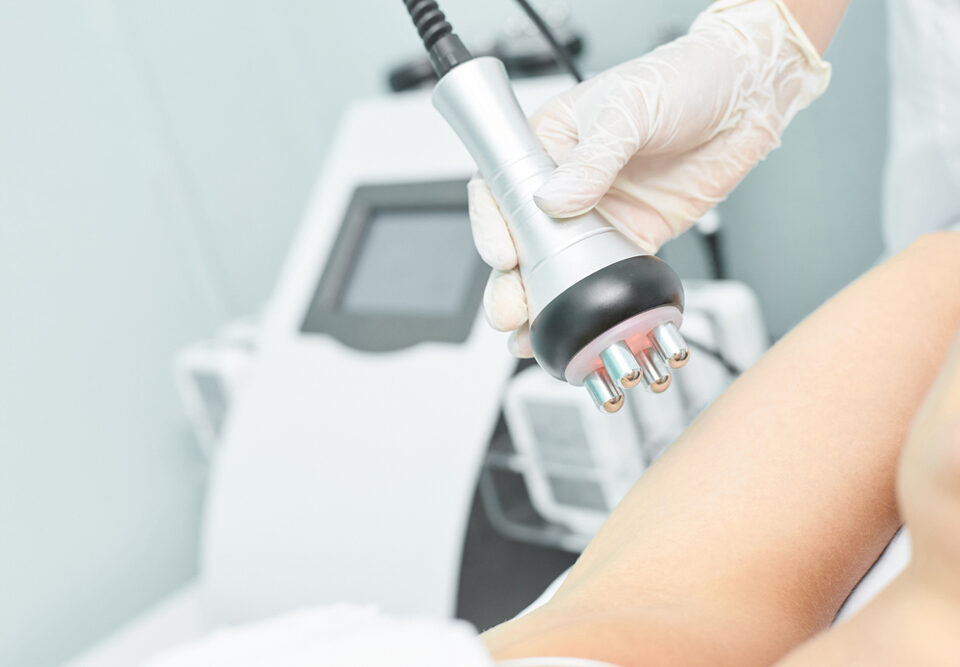Poor circulation isn’t a medical condition in and of itself; rather, it’s a symptom of some other condition. If you have poor circulation, it could be because you have diabetes or cardiovascular disease.
At Premier Vein & Vascular, interventional cardiologist Dr. Saleem Saiyad specializes in keeping oxygen-rich blood flowing to all parts of your body. We want to help you recognize the symptoms of poor circulation and understand what’s causing it. In many instances, we can treat the underlying issue. If we can’t, we can refer you to the best specialist to help.
Why good circulation matters
Your circulatory system is made up of veins and arteries that transport blood throughout your body, delivering oxygenated blood and nutrients to all of your organs and tissues.
When your blood isn’t flowing properly. some parts of your body don’t get the oxygen they need. This can lead to poor function and complications, some of which can be life threatening.
How to know if you have poor circulation
There are numerous conditions that can lead to poor circulation, and you may not know you have some of them — like hypertension. High blood pressure can cause damage long before you have any symptoms. Most people with poor circulation notice changes in the parts of their bodies that aren’t getting enough blood — usually the legs, feet, arms, or hands.
If your legs are affected, you may feel tingling, numbness, or even a throbbing sensation. It may be a sensation of pins and needles or more like muscle cramps. You may only feel these sensations while engaging in physical activity or at the end of a long day.
Other symptoms of poor circulation include:
- Cold hands and feet
- Swelling in your feet and ankles
- Tingling or numbness in your extremities
- Aching in your legs or arms
- Skin discoloration
- A heavy feeling in your extremities
If you’re experiencing any of these symptoms, come see us for a consultation.
Possible causes of poor circulation
Even if your symptoms don’t seem severe, you shouldn’t ignore them. Lack of adequate blood flow can have serious consequences.
When you have poor circulation, a small bump or bruise can become a large ulcer because without proper blood flow you don’t heal as you should. That means any ulcers are at risk of becoming infected, and the situation can go downhill quickly.
In serious cases, unmanaged poor circulation can cause tissue death and infections that require amputation.
Getting your blood flowing
If you believe you’re at risk for circulatory issues, book an appointment at Premier Vein & Vascular. Many of the conditions that cause poor circulation, like hypertension or cardiovascular disease, can be managed. Meeting your target blood pressure, cholesterol, and blood sugar goals can help prevent further damage to your arteries.
Lifestyle factors often play an important role in keeping your blood moving. Quitting smoking and limiting alcohol intake further protect your circulatory health. Exercise may help improve your blood flow and prevent additional damage.
Don’t simply worry that you may have poor circulation. Instead, book an appointment by phone or online at one of our two convenient locations in Largo and Tampa, Florida, and discuss your situation with an expert.





